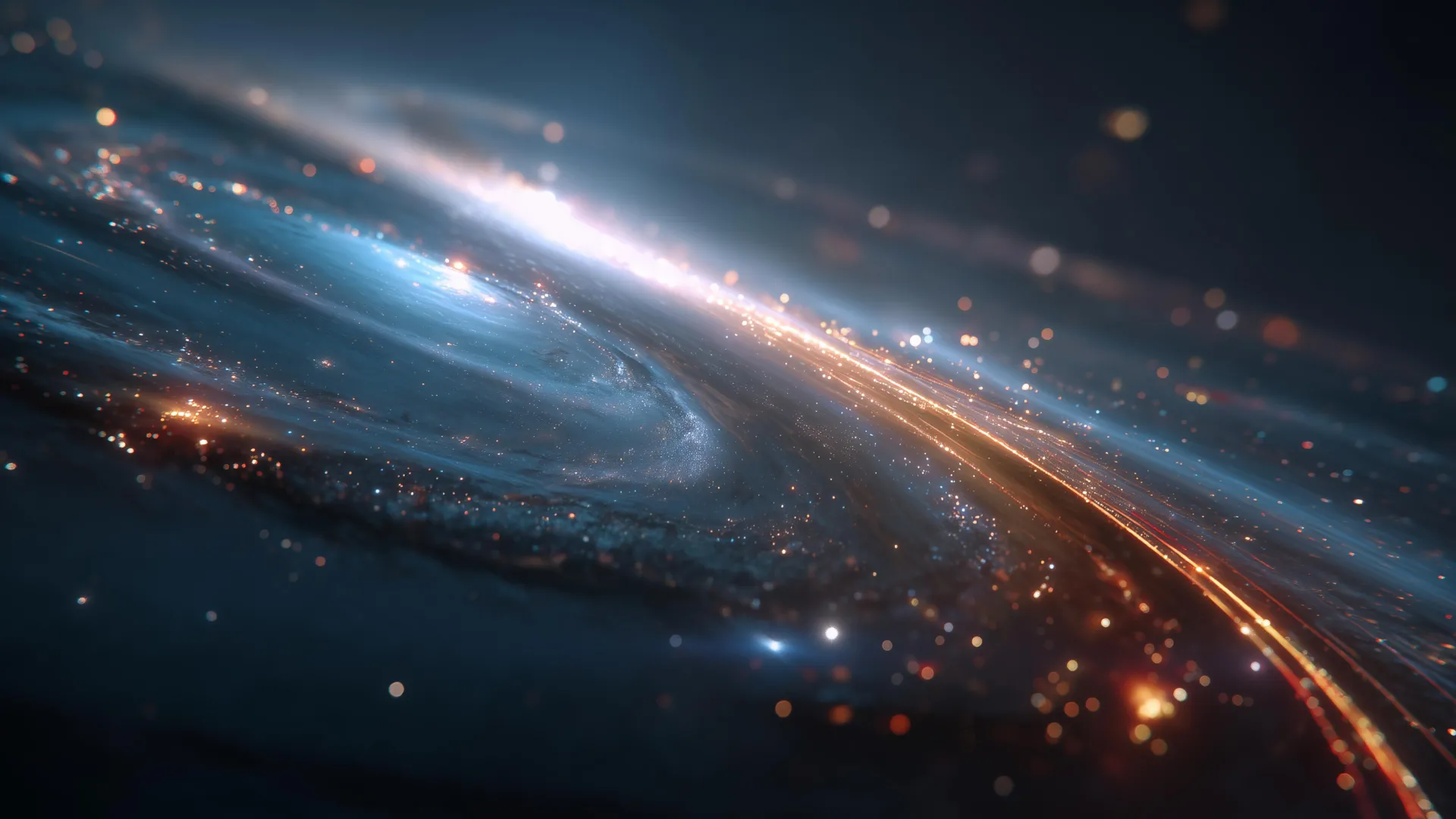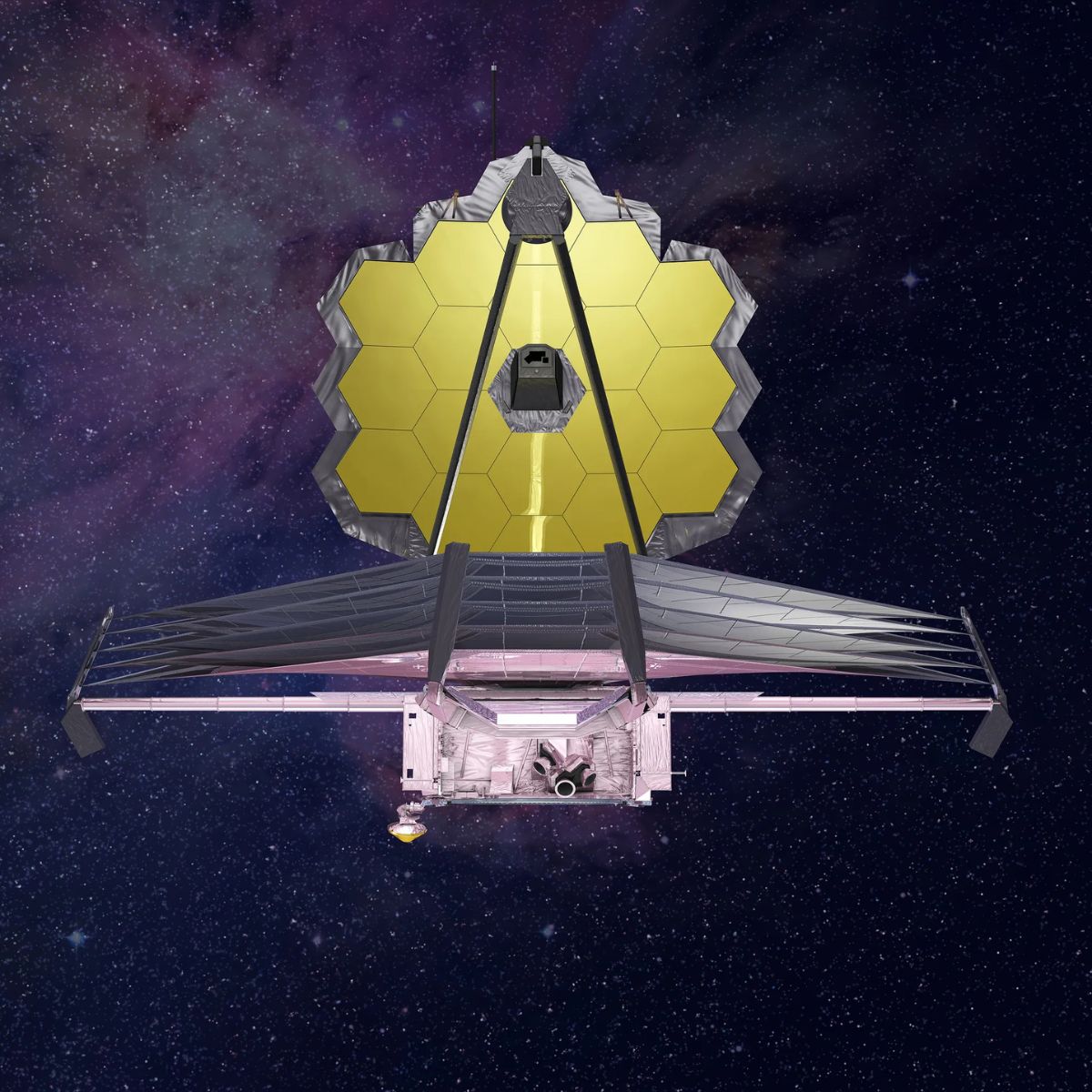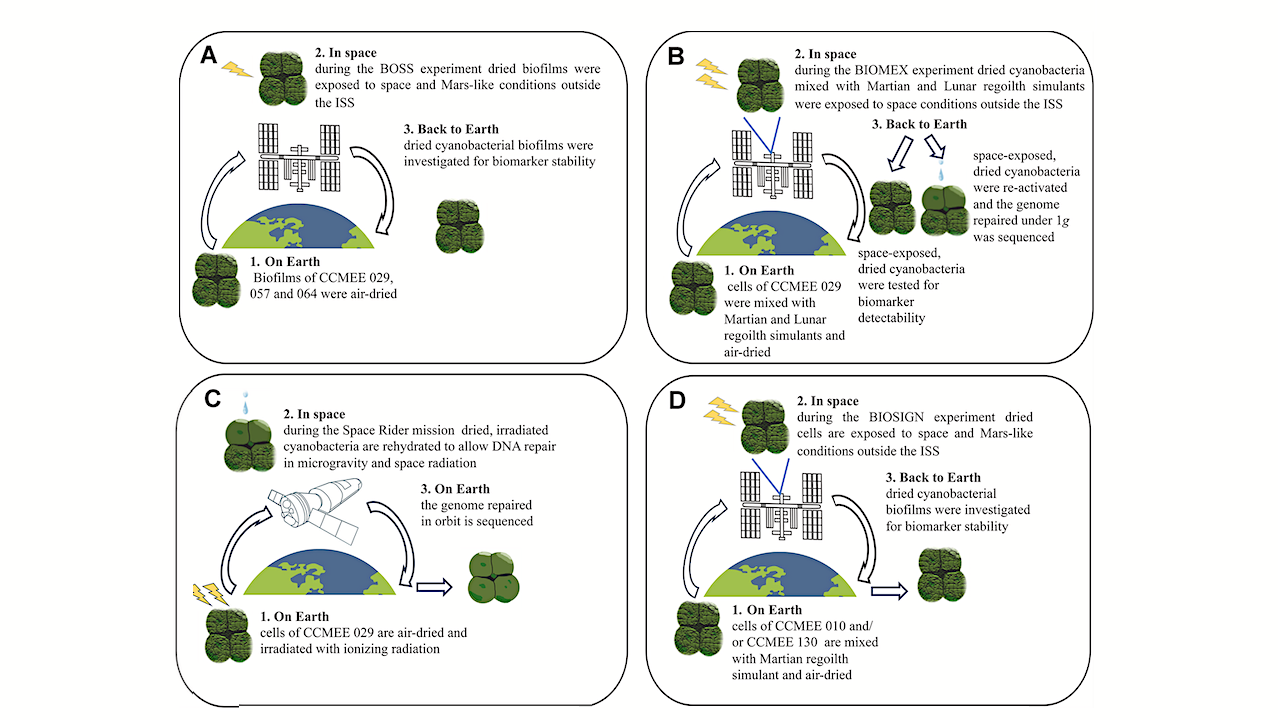A groundbreaking study suggests that the expansion of the universe may be slowing down rather than accelerating, challenging a long-standing principle in modern cosmology. The research, published on November 6, 2025, in the Monthly Notices of the Royal Astronomical Society, indicates that the mysterious force known as dark energy might be weakening, which could have significant implications for our understanding of the cosmos.
For nearly three decades, scientists have believed that dark energy was responsible for the accelerating expansion of the universe. This conclusion was drawn from observations of distant type Ia supernovae, which earned the Nobel Prize in Physics in 2011. However, this new research from Yonsei University in South Korea questions that foundational belief, revealing that the universe may have entered a phase of decelerated expansion.
Professor Young-Wook Lee, the lead researcher, stated, “Our study shows that the universe has already entered a phase of decelerated expansion at the present epoch and that dark energy evolves with time much more rapidly than previously thought.” If validated, these findings could represent a major paradigm shift in cosmology, particularly regarding the ongoing debate around the so-called “Hubble tension.”
Rethinking Cosmic Measurements
The study challenges the reliability of type Ia supernovae as “standard candles” for measuring cosmic distances. Researchers discovered that the brightness of these supernovae may be affected by the age of the stars that produce them. In examining data from 300 host galaxies, the team found a significant age effect: supernovae from younger stars appeared fainter, while those from older stars were brighter. This correlation was confirmed with an extraordinary confidence level of 99.999%.
By correcting for this age-related bias, the new analysis diverged from the standard ΛCDM model, which assumes a constant form of dark energy. Instead, the findings aligned more closely with a newer model supported by the Dark Energy Spectroscopic Instrument (DESI), which suggests that dark energy is not static but changes over time.
The researchers combined their corrected supernova data with findings from baryonic acoustic oscillations (BAO) and the cosmic microwave background (CMB), leading to the conclusion that the universe does not seem to be currently accelerating. Instead, it appears to have transitioned into a phase of decelerated expansion.
Future Implications and Testing
Professor Lee explained that their analysis, which applies the age-bias correction, indicates that the universe has already entered a decelerating phase today. This discovery aligns with predictions from BAO analyses, an insight that has not received adequate attention until now.
To further solidify their conclusions, the Yonsei team is conducting what they term an “evolution-free test.” This approach focuses solely on supernovae from young, coeval galaxies, with stars of similar ages, across various redshift ranges. Early results from this testing already support their primary findings.
Looking ahead, the Vera C. Rubin Observatory, equipped with the world’s most powerful digital camera, is expected to enhance the scope of cosmological research. As it begins full operations, the observatory aims to discover over 20,000 new supernova host galaxies, providing precise age measurements that will enable a more robust test of supernova cosmology within the next five years.
Despite decades of study, dark energy remains one of the greatest mysteries in science. With advanced instruments like DESI and the Rubin Observatory, astronomers are optimistic about uncovering the true nature of dark energy and its role in shaping the universe’s destiny. As this research develops, it promises to deepen our understanding of the cosmos and challenge existing paradigms in cosmology.







